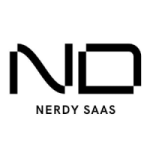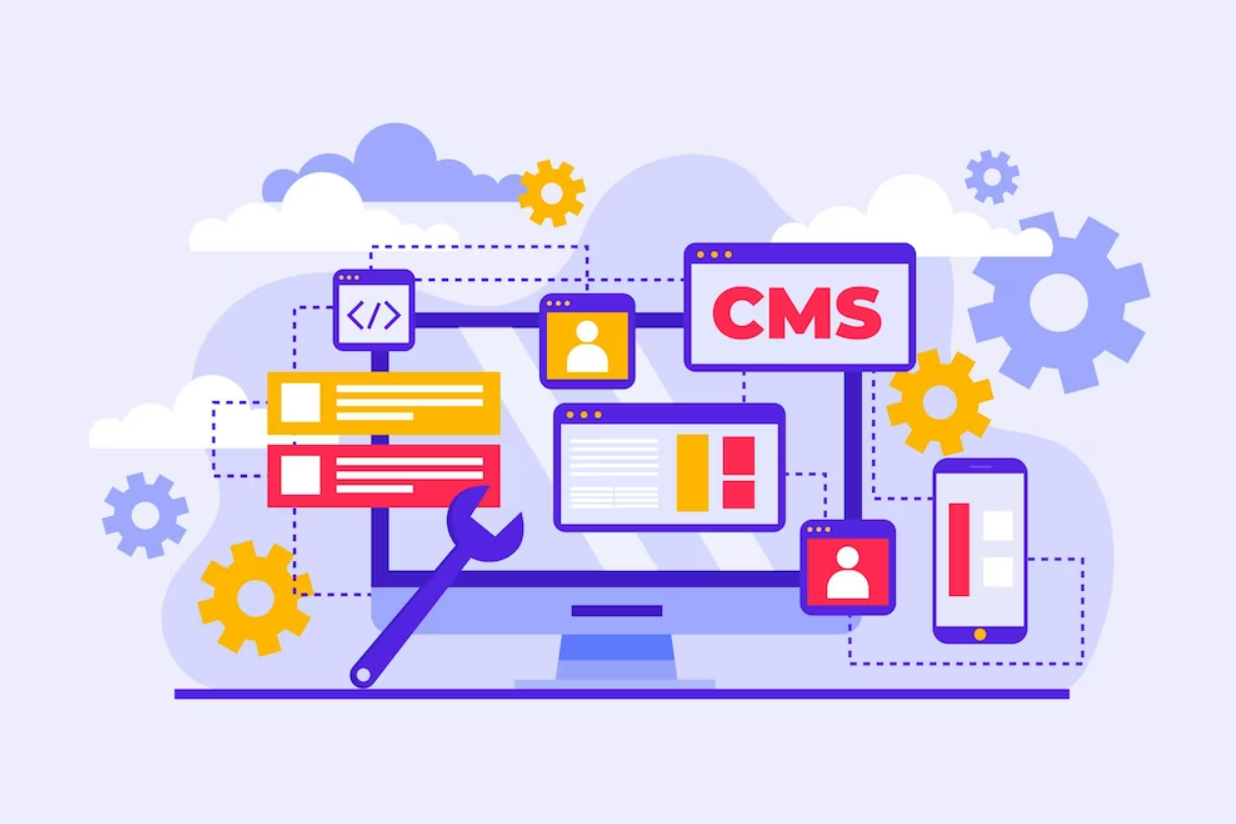A content management system (CMS) is a tool made to give businesses a place to manage, publish, and create online content. For smaller organizations, these technologies may be especially beneficial. With a user-friendly interface that let non-technical individuals upload, edit, and publish information, they can aid teams in managing websites, blogs, and other online content. But with so many alternatives available, choosing the best content management software solutions for your business can be challenging.
In light of this, Solutions Review compiled the list of small business content management systems below. Based on each provider’s Authority Score, a meta-analysis of user feedback from the most reputable online business software review sites, and our editorial team’s expert judgement, our editors chose these software solutions.
Best Content Management Software Solutions
Some of the leading Content Management Software Solutions for Small Businesses are as follows:
1. WordPress:
WordPress is one of the most widely used and privileged open-source CMS options available, if not the most. Over 20% of websites are powered by this free and open-source platform. I can attest from personal experience that it functions perfectly.
These are a few characteristics that pack a punch.
- Low cost of upkeep
- Wide range of plugins
- Highly SEO-friendly
2. Joomla:
It is among the most advanced applications for creating websites. Despite being a little challenging to master, you will benefit greatly from it once you do.
Here are some of the open-source CMS’s key benefits:
- Plenty of extensions
- Excellent developer community
- Numerous design possibilities.
3. Concrete5:
This can be a fantastic alternative for those who want to start with an easy-to-understand content-rich website and use it to build a lively community.
Here are a few justifications for using this CMS.
- Simple content modification
- Several different themes and add-ons
- Strong support network
4. SilverStripe:
SilverStripe CMS is one of the newest on our list. It is an open-source CMS as well. Despite being a new platform, it has managed to build a strong global customer base.
Used by numerous enterprises, as well as by government and non-profit organizations. The following are just a few advantages of SilverStripe:
- Flexible and simple to modify
- Positive SEO elements
- An intuitive back-end interface.
5. CMS Made Easy:
One of the content management systems where there may be more to it than first appears is this one. Despite being present for a very long period, it is shockingly not well known.
It is filled with special features that increase its flexibility.
The ‘Smarty’ feature is something worth considering in this context. One excellent template engine that provides template inheritance is Smarty.
6. ExpressionEngine:
It basically means that the contents can be kept when switching between templates.
It is an easy-to-use application for creating websites, fully living up to its tagline “made simple.” Among its features are:
- Content ancestry
- Does not exhaust your servers, resulting in an incredibly fast website.
- Uses different themes simultaneously.
It offers a few paid versions as well as being free CMS, with prices ranging from $99 to $499. The main difference between this CMS and the others on the list is the use of templates to define the looks of web pages.
This CMS is well-known for its performance, security, and a few integrated site creation tools.
- Extensive support at the enterprise level
- No limitations exist for a website design
- Powerful content creation control panel.
7. Wix:
A free website creation tool, Wix is not regarded as a pure CMS system because it is a design-driven platform. This function is a part of CMS and is loaded with apps and CMS components. A custom domain cannot be used with its free version, though.
- Utilization simplicity
- Stunning designs
- Made with small businesses in a mind
8. PyroCMS:
Since 2015, PyroCMS, an open-source content management system, has been developing. It aims to speed up and subtly improve the website construction process significantly.
PyroCMS comes with a choice of modules that you may use to add a wide range of functionalities to your website.
Here are some features of PyroCMS
- The focus is on simplicity.
- A robust user interface.
- Control page UI and response handling with custom handlers.
Conclusion:
A well-designed website grows its audience, generates traffic, and engages users. The best collaborators for a website’s general development are content management systems. The suitable CMS for your needs can help you highlight your products in a pleasing manner that draws in your target market.
Also read: Content Management Software for Collaboration: Why You Need It?




